
The inconvenient truth is that development without inclusion is progress without purpose. Ghana’s decision to enforce a five per cent employment quota for persons with disabilities marks both a moral and an economic awakening, a moment when compassion must evolve into competitiveness.
For too long, nations have celebrated bridges, roads, and skyscrapers as symbols of advancement, yet the true foundation of progress lies in the dignity we extend to every citizen.
Inclusion is not an act of generosity; it is an act of justice, a deliberate choice to recognise that a nation grows stronger when no capable hand is left idle. The differently abled are not objects of sympathy but agents of innovation whose presence deepens productivity and strengthens diversity.
When a nation learns to see competence before condition, it begins to build with conscience rather than convenience. The greatness of a people is not measured by how fast they build, but by how fairly they include.
A moral turning point for Ghana
For decades, our national scorecards have praised roads, bridges and hospitals. Yet the real indicator of maturity is how a nation treats those who are unseen and underrepresented. The quota reaffirms human dignity and reminds us to place competence before condition and potential before perception.
Applied with discipline, it will turn offices, factories and ministries into living mirrors of fairness and empathy where productivity grows because diversity thrives. A Ghanaian graduate with a disability should never be asked to rely on sympathy for opportunity. The stool stands steady only when every leg bears weight.
From paper policy to living practice
Africa is rich in policies and poor in implementation. Laws that begin in hope often die in files. Ghana’s five per cent quota must not become another decorative decree. It must live in boardrooms, ministries, factories and universities. Success requires enforcement, measurement and transparency. Institutions must track inclusion with the same seriousness that they track revenue.
There must be incentives for compliance and consequences for negligence. Inclusion should be reflected in audits, annual reviews, and performance contracts. A painted drum makes no sound at the festival. The task is not to write the promise but to make it heard and felt in everyday practice.
Boardroom governance. Where intention becomes execution
Boards are the custodians of accountability, culture and continuity. Without board-level leadership, inclusion risks remaining a well-meaning memo. Directors must set policy, align the quota with corporate strategy, approve budgets for accessibility and integrate inclusion into risk and audit. Non-compliance is not a clerical oversight. It is a governance failure. The river follows the bend of its banks, and organisations follow the bend of their boards.
What boards must do now?
- Approve a disability inclusion policy aligned with national law, Agenda 2063 and the Sustainable Development Goals.
- Translate the 5percent quota into departmental and executive objectives with clear indicators.
- Budget for assistive technology, accessible facilities and targeted recruitment.
- Treat non-compliance as a strategic, legal and reputational risk within the audit program.
- Link part of variable pay to measurable inclusion outcomes.
- Disclose inclusion data in annual and sustainability reports and seek assurance where feasible.
- Embed inclusion into board charters and committee work plans so it survives leadership turnover.
Encouraging steps across Africa
Momentum is building. In Kenya, a minimum of 5percent representation is backed by an Act of Parliament and national audits. In Egypt, progress is uneven but visible. In Tanzania and Algeria, provisions exist, but enforcement is still the missing link. The law is a compass, but a compass without bearings does not guide the traveller home. Policies must leave the page and organise real work in real places.
Learning from global best practice
Germany requires firms above a modest size to meet a 5percent threshold for persons with severe disabilities or to contribute to a national fund. Opportunity expanded, and competitiveness did not decline. Japan applies a national quota across public and private sectors and uses incentives and penalties to ensure delivery.
Long-term studies show no loss of profitability. In the United States, companies that embrace disability inclusion tend to outperform peers on innovation, engagement and returns. The field that welcomes many hands harvests before the storm. Inclusion is ballast that steadies the ship of productivity.
Why inclusion strengthens economies
The World Bank estimates that excluding persons with disabilities can cost economies up to seven per cent of gross domestic product through lost productivity and care burdens. The World Health Organisation estimates that more than fifteen per cent of Africa’s people live with a disability.
Even partial mobilisation of this talent will lift national productivity and reduce household vulnerability. Inclusion does not weaken economies. It widens their foundation and grows fiscal space. A fisherman who throws away the bigger nets should not blame the river for a poor catch. For Ghana and for Africa, inclusion is a strategic industrial policy that builds skills, expands markets and strengthens resilience.
The role of the board in making it possible
Boards that mainstream disability inclusion will strengthen environmental, social and governance performance and attract responsible capital. They will build trust with employees, customers and regulators. They will unlock innovation by drawing on cognitive diversity, and they will demonstrate governance maturity during Africa’s industrial transformation. The roof that shelters many heads lasts longest in the rain. Chairs and non-executive directors who lead here will shape organisations that outperform and societies that become fairer.
Inspiring examples that defied limitation
History proves that limitations often birth legacies. Professor Stephen Hawking advanced theoretical physics despite a debilitating condition. Dr Farida Bedwei of Ghana built fintech solutions that power microfinance institutions. Dr Temple Grandin in the United States redefined humane livestock management.
Sir Richard Branson turned dyslexia into an entrepreneurial advantage. Haben Girma, the first deaf blind Harvard Law graduate, transformed accessibility advocacy. Stevie Wonder and Cobhams Asuquo wrote the soundtracks of eras. Andrea Bocelli sings where others only speak, and Marlee Matlin changed how cinema sees the deaf. Talent is a river. Obstacles may redirect its flow, but they cannot stop its current.
The continental imperative
The African Union’s model framework calls for empowerment, employment and participation. If implemented with governance discipline and regional cooperation, quota systems could uplift more than one hundred million Africans living with disabilities. We must move from sympathy to system, from charity to conscience and from aspiration to administration. The bridge that is promised for tomorrow never helps the traveller who must cross today. The time to move is now.
The inconvenient truth and the call to conscience
Inclusion exposes the soul of a nation. Ghana’s five per cent quota is not merely an employment regulation. It is a mirror that reflects who we truly are. If enforced with integrity, it will restore dignity to thousands, expand our productive base and strengthen our global credibility.
The real test of governance is not how we serve the powerful but how we empower the forgotten. History will not remember the press conference. It will remember the systems we built and the lives we unlocked. It will remember whether our boardrooms and ministries became symbols of fairness or museums of excuses.
Boards, policymakers and citizens must now act as custodians of conscience. Let inclusion appear in audits, strategic plans, and budgets, and let progress be measured in transparent reports the public can see. When conscience becomes policy, inclusion becomes culture. A nation that polishes the mirror must be ready to face the face it reveals.
May Ghana find in its reflection not pity but purpose, not exclusion but excellence, not charity but justice. The greatness of Ghana and of Africa will not be defined by the monuments we raise but by the humanity that stands beneath them.
>>>the writer is a globally celebrated thought leader, Chartered Director, industrial engineer, supply chain management expert, and social entrepreneur known for his transformative contributions to industrialisation, procurement, and strategic sourcing in developing nations.
As Africa’s first Professor Extraordinaire for Supply Chain Governance and Industrialization, he has advised governments, businesses, and policymakers, driving sustainability and growth. During his tenure as Chairman of the Minerals Income Investment Fund (MIIF) and Labadi Beach Hotel, he led these institutions to global recognition for innovation and operational excellence. He is also the past chairman of the Public Procurement Authority.
A prolific author of over 90 publications, he is the creator of NyansaKasa (Words of Wisdom), a thought-provoking platform with over one million daily readers. Through his visionary leadership, Professor Boateng continues to inspire ethical governance, innovation, and youth empowerment, driving Africa toward a sustainable and inclusive future.
The post The Inconvenient Truth with Professor Douglas BOATENG: The five percent awakening turning compassion into competitiveness: How enforcing disability inclusion can redefine productivity, purpose, and progress across Africa. appeared first on The Business & Financial Times.
Read Full Story
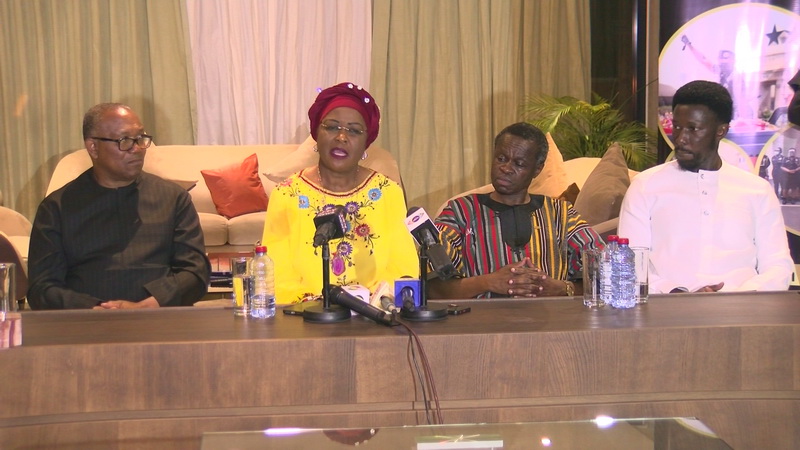

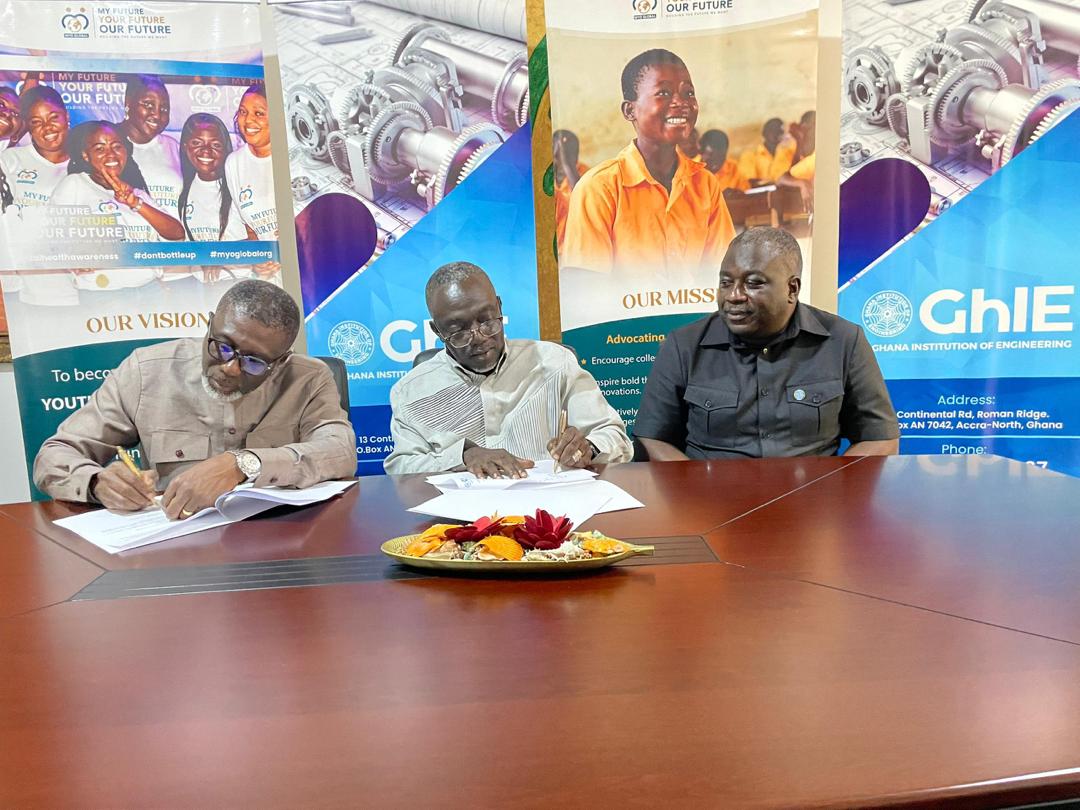





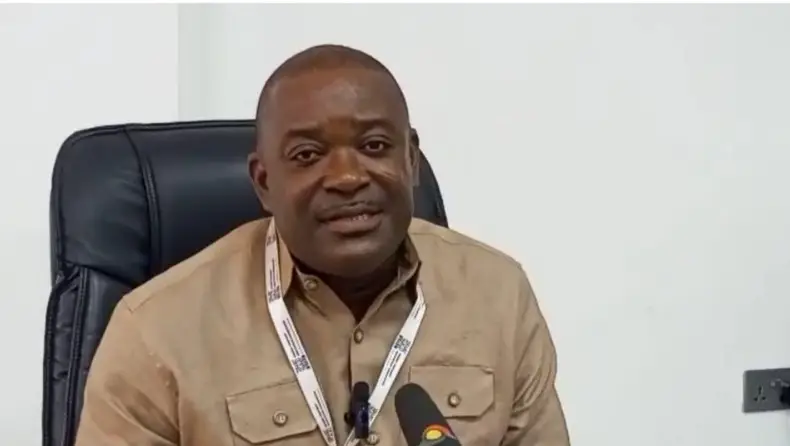
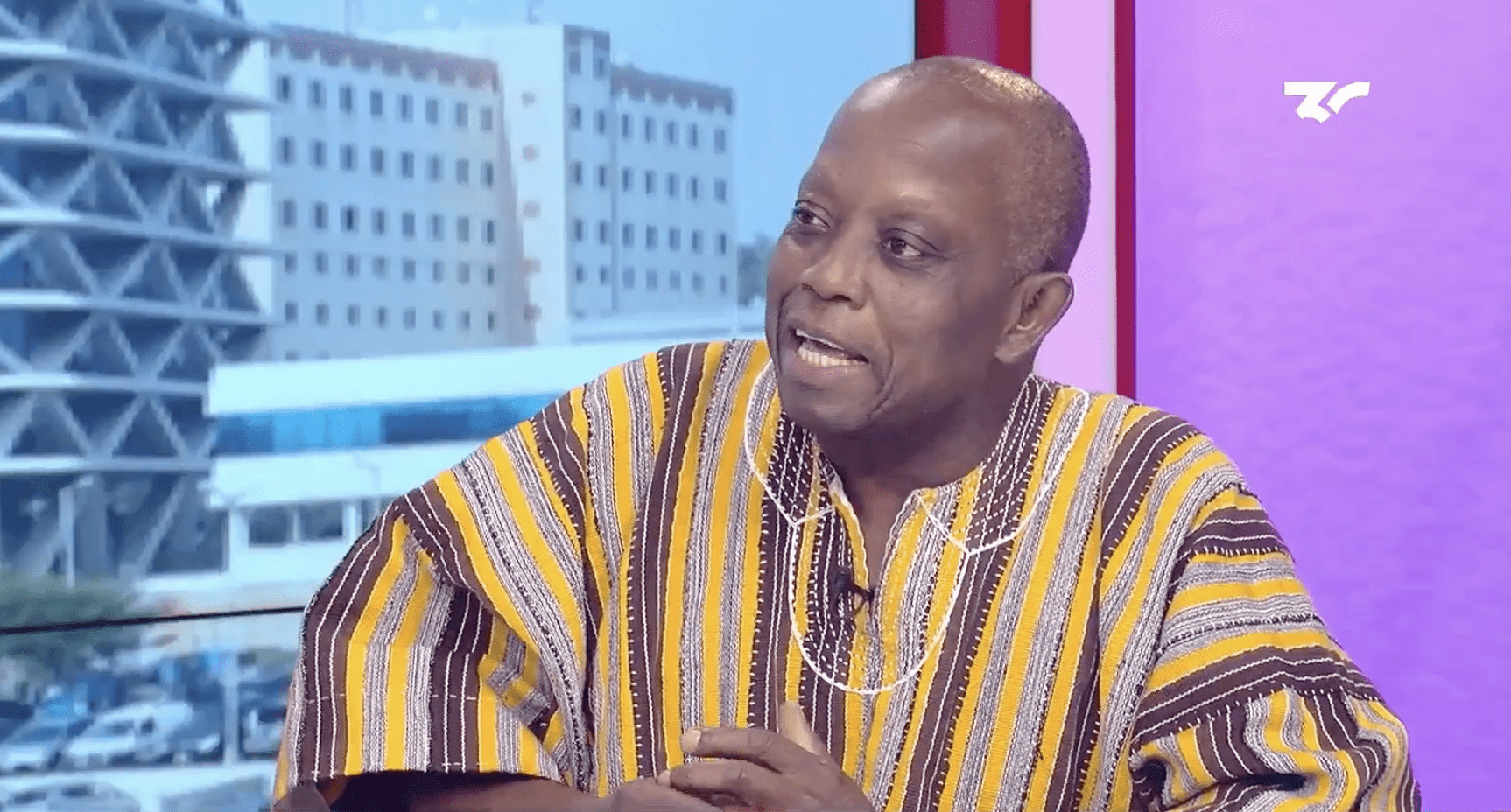

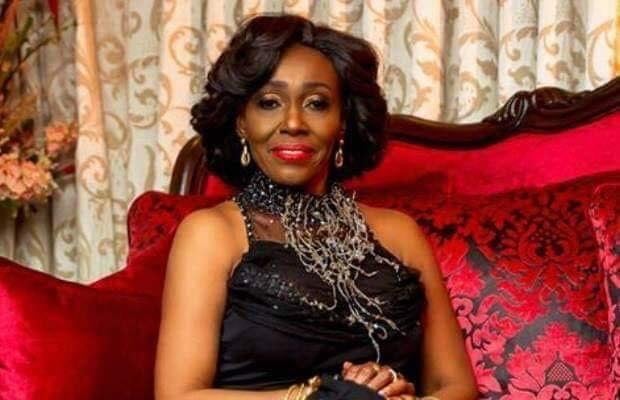
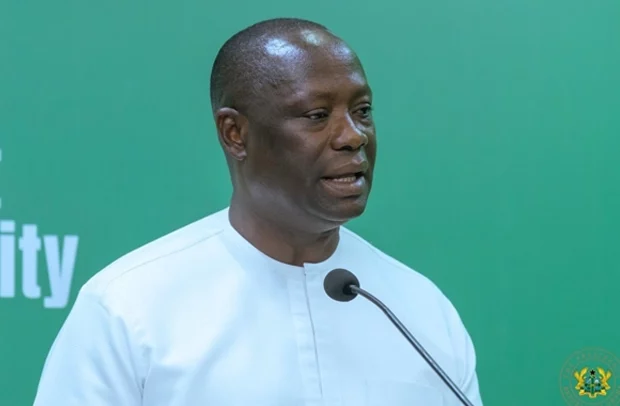
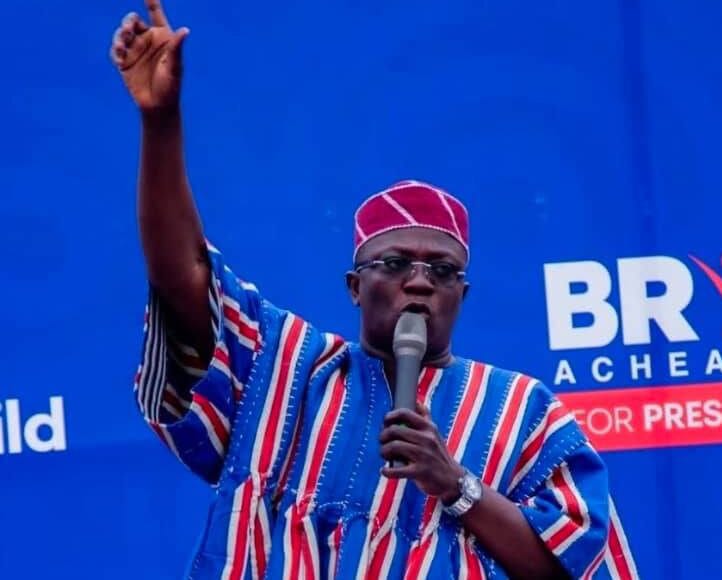
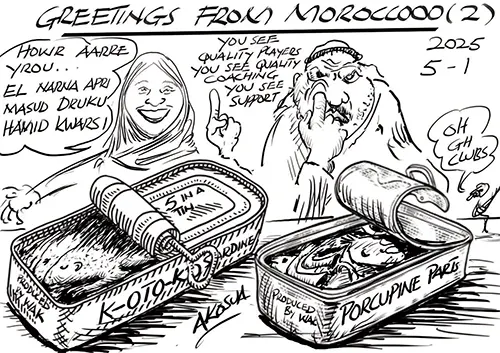

Facebook
Twitter
Pinterest
Instagram
Google+
YouTube
LinkedIn
RSS